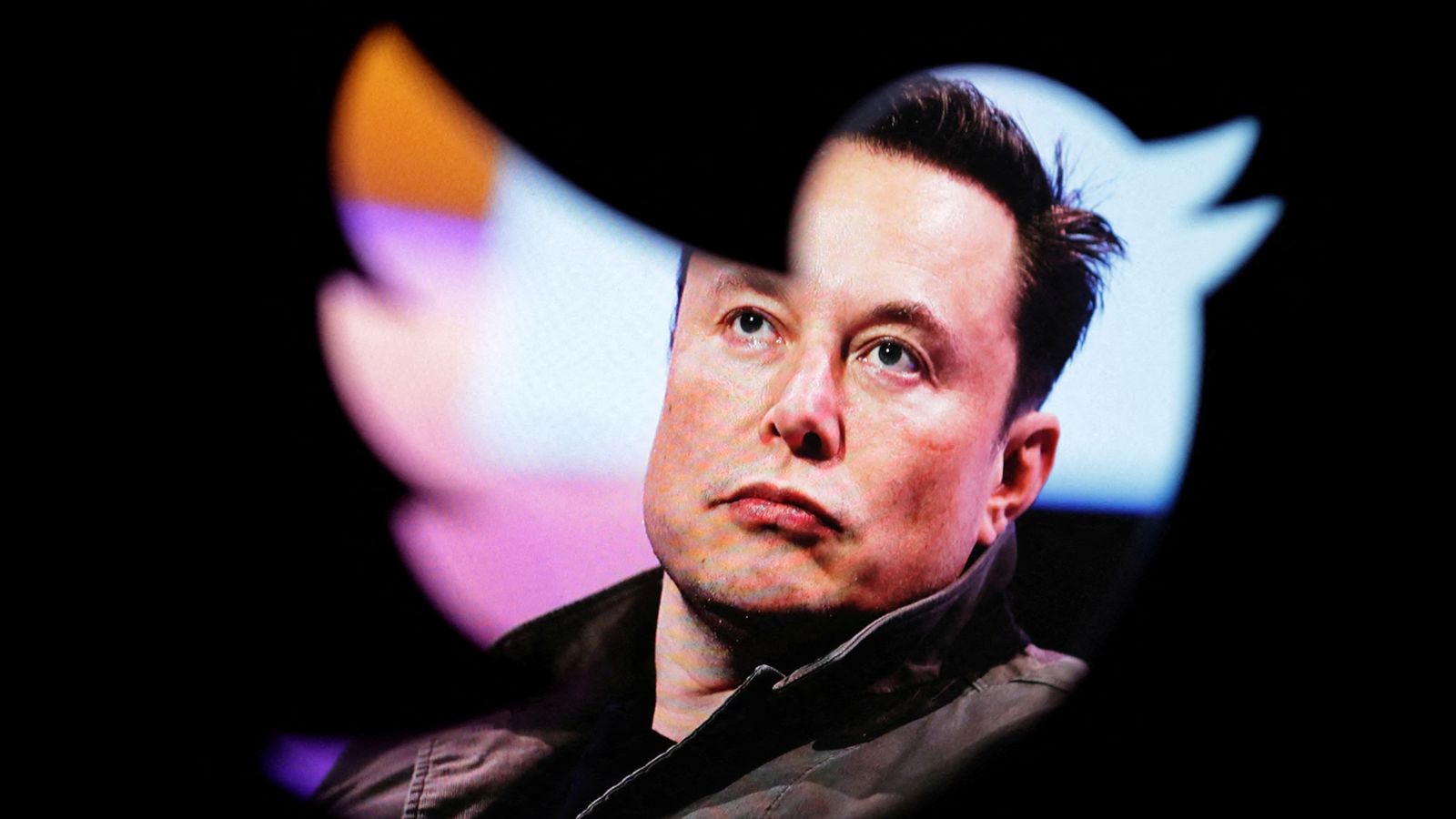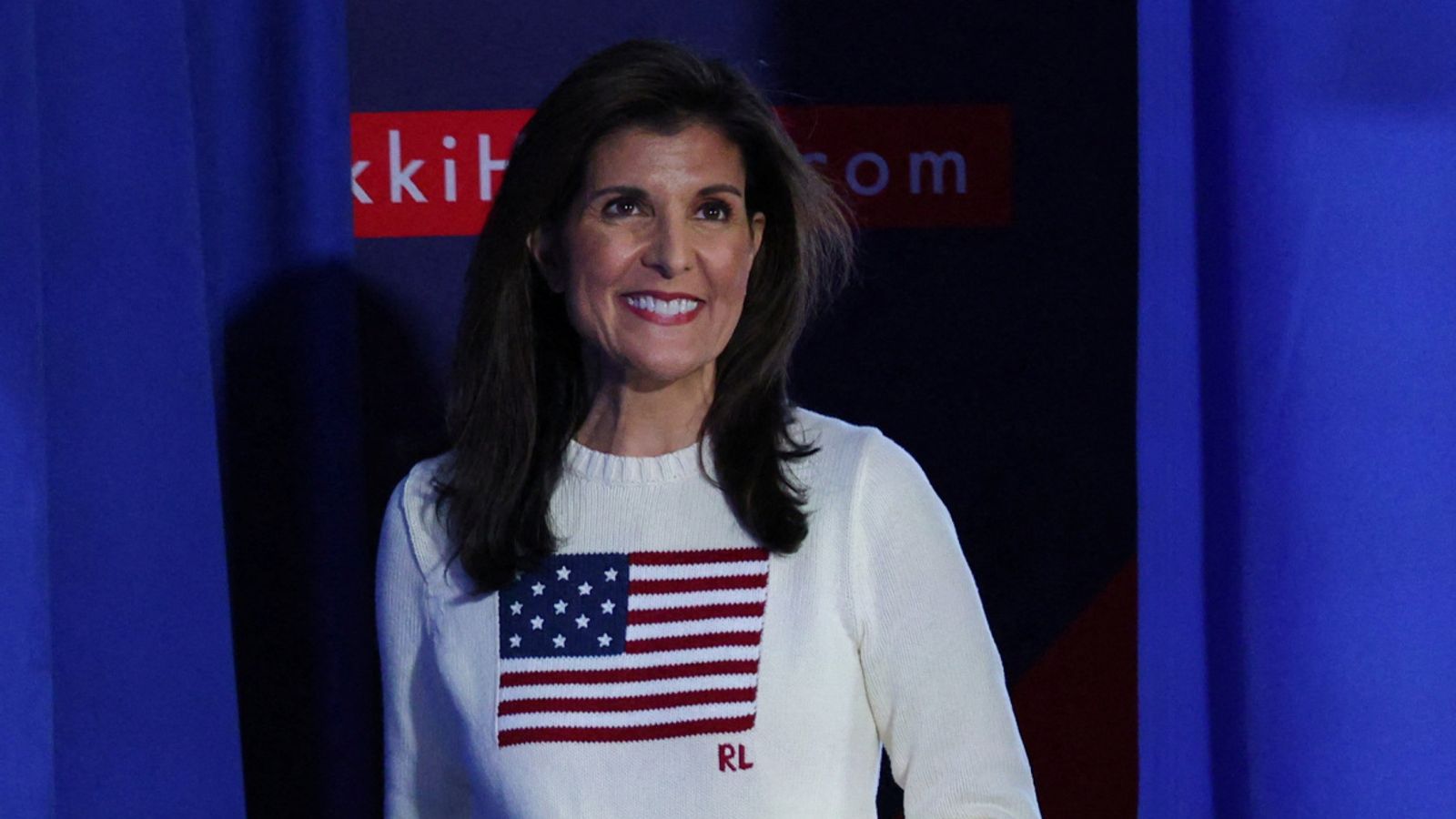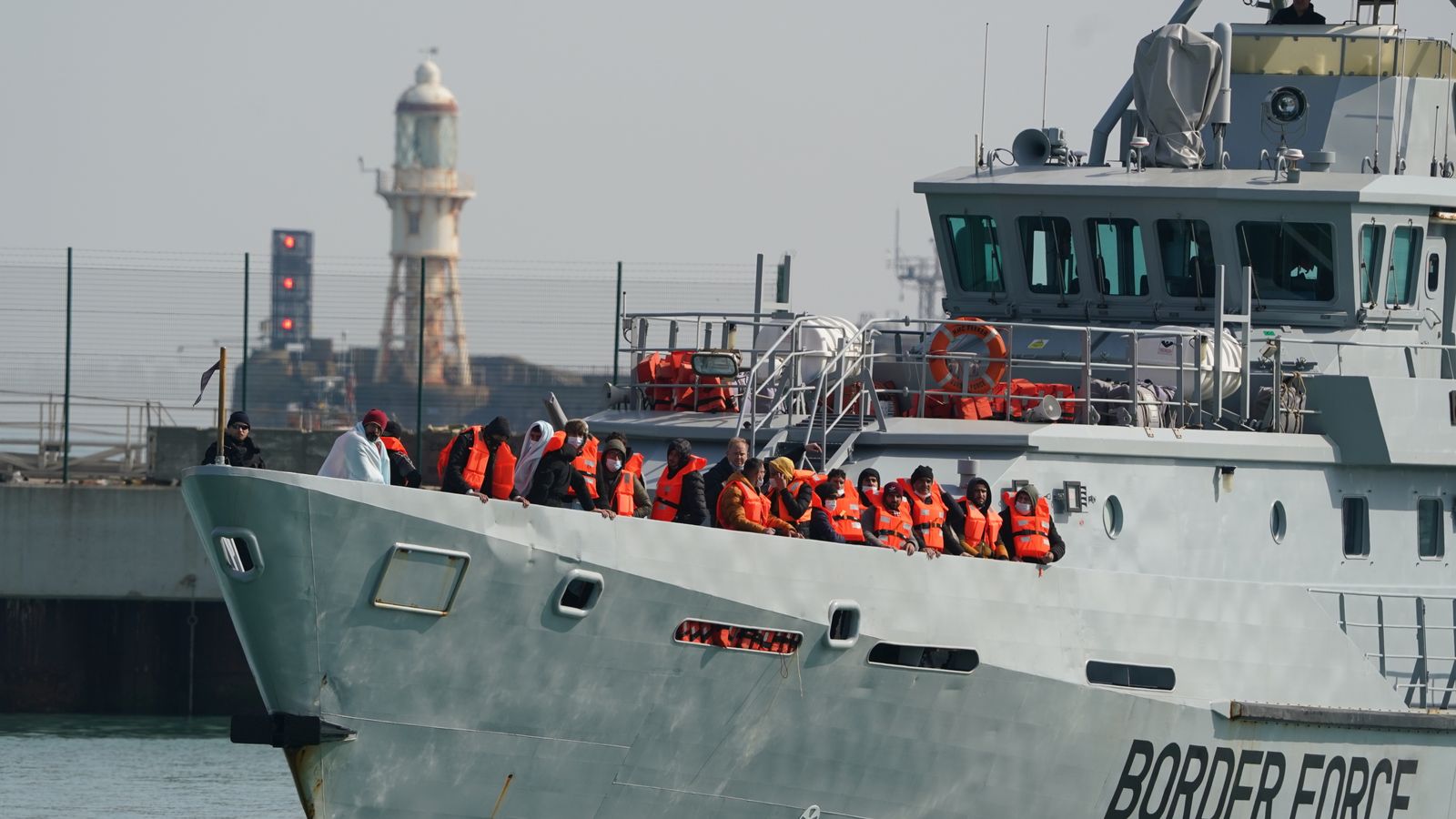Elon Musk “lied” when he claimed he had “secured” funding to take Tesla private, a lawyer for investors has told a court.
The company’s chief executive wrote in 2018 that he had “secured” funding to take the electric carmaker private and later that investor backing was “confirmed”, causing shares to fall and then to soar.
Less than three weeks later, Musk backtracked on the plans.
Tesla investor Glen Littleton is seeking damages on behalf of shareholders who bought or sold stock in the days after the tweets, claiming Musk‘s tweets cost them “millions”.
However, a lawyer for Musk argued in court that the billionaire merely used the “wrong words” when he tweeted about his plans.
During opening statements, Nicholas Porritt, lead attorney for the investors, told a jury in San Francisco that “millions of dollars were lost when [Musk’s] lies were exposed”.
But Alex Spiro, representing Musk, said the billionaire was “serious” about taking the company private in 2018, but ultimately encountered shareholder opposition.
Jacinda Ardern to resign as New Zealand’s PM
‘An indescribable pain’: Ukrainian minister among 14 dead in helicopter crash near Kyiv
Denys Monastyrskyi: Death of Ukraine’s interior minister in helicopter crash is a blow for President Zelenskyy
“You will come to learn very soon that this was not fraud, not even close,” he told jurors.
The lawyer did however tell the jury that Musk’s Twitter post contained some “technical inaccuracies”.
“In a rush, he used the wrong words,” he told the court.
Littleton, giving his testimony to the court, said he had invested in Tesla in 2015.
He said after seeing Musk’s “funding secured” post he had scrambled to unwind his Tesla options positions, which the tweet made unprofitable.
A jury of nine will decide whether Musk’s tweets artificially inflated Tesla’s share price by playing up the status of funding for the deal, and if so, by how much.
The trial will resume on Friday with an expert witness and might include Musk taking the stand.
The judge, Edward Chen, denied a request by Musk to have the case moved to Texas last week, with the billionaire expressing concern that potential jurors in California would be biased against him.
He cited negative media coverage of the thousands of jobs he has cut at Twitter, which is based in San Francisco, following his takeover of the social media platform last October.
The jury will be tasked with deciding whether Musk’s tweets influenced investors, whether he acted knowingly, and whether damages should be awarded.
Judge Chen has already ruled that the statements the SpaceX owner made were untrue, but the defendants will argue that he had good reason to believe funding for taking Tesla private was secured.








